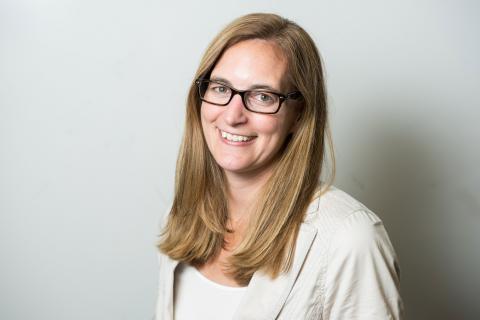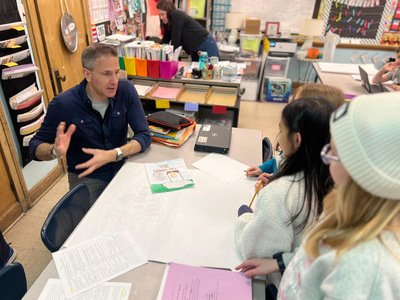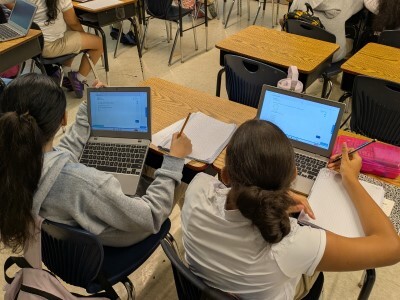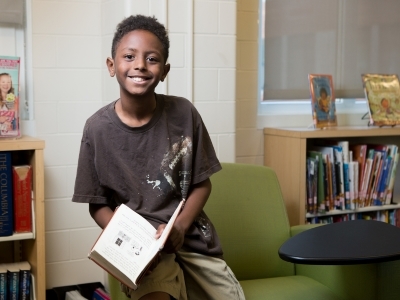How Personalized Learning Impacts K-12 Education
Topics
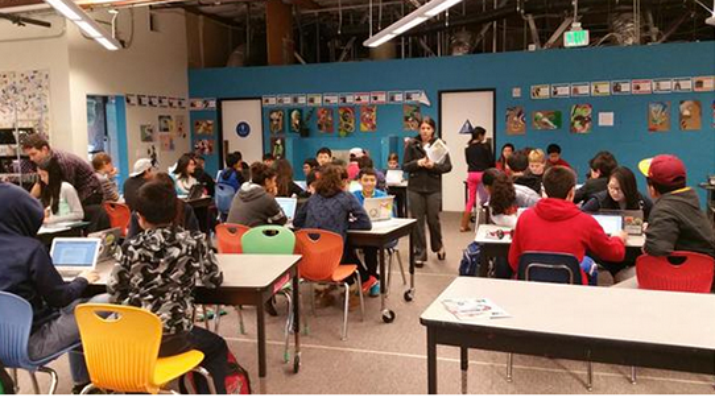
We’ve all had the experience of truly purposeful, authentic learning and know how valuable it is. Educators are taking the best of what we know about learning, student support, effective instruction, and interpersonal skill-building to completely reimagine schools so that students experience that kind of purposeful learning all day, every day.
Powerful Perspectives from the 2014 iNACOL Conference
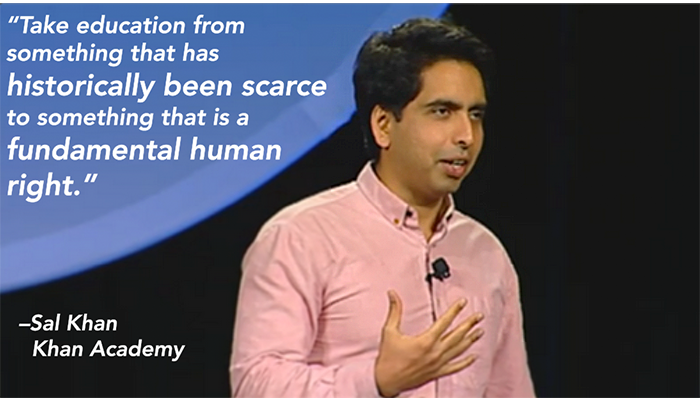
Talk everywhere at the iNACOL Symposium this week in Palm Springs always came back to personalized learning. And it always came back to each and every individual student.
Here’s what teachers Tanesha Dixon (Wheatley Education Campus), Brian Johnson, (Summit Public Schools), Aaron Kaswell (MS 88, New York City), and Colleen Kennedy (KIPP in Los Angeles) had to say about personalized learning:
- “My role is not to provide information but to provide feedback.”
- “The quality of my relationships with students has increased dramatically. I have more interactions with my students. The interactions are a higher quality because I have the data and I can give better feedback. And because students can be more vulnerable with me about what they need because they own their learning.”
- “I’m still learning how to do this. And the students get angry if I slip back into [the traditional way of teaching]. Students will say, ‘I know what I need. This isn’t what I need right now.’”
- “The students are figuring out who they are, knowing their capacity as a student, and knowing what they need to do to improve. I can’t go back to the old way.”
- “Students at the lower end are making tremendous gains. They are more engaged, more socially intelligent, more curious. They are taking more control of their learning and navigating what can be a chaotic process.”
And here are some more quotes that I heard throughout different conference sessions, hallways, and outdoor chats that capture why personalized learning changes how we as educators think about school, and how we connect with students:
“We were educating kids for tests instead of for life. We knew that a personalized learning model where we gave kids what they needed, when they needed it and how they needed it would move us to a much better place.”
–a district leader involved in the Next Generation Systems Initiative (NGSI)
“There’s a difference between teaching students and teaching content.”
–Rebecca Tomasini, The Alvo Institute
“A 2009 Gallup study found that a 1% increase in a student’s level of engagement relates to a 6% increase in reading achievement and an 8% increase in math achievement. A 2010 Gallup study found that average levels of hope and engagement are significant predictors of academic achievement.” (See State of America’s Schools: The Path to Winning Again in Education)
–from the session: How Can Blended Learning Support Social-Emotional Learning?
You don’t just master something and then move on. We focus on demonstrating proficiency at a competency multiple times in multiple ways.”
–Thomas Gaffey, Building 21
“Individualized and competency-based learning do not come from just buying a program.”
–Al Motley, Matchbook Learning
“To realize the vision of scaling personalized learning models, finance must be an enabler, not an inhibitor; to support scale and adoption of these models, the finance function will need to adapt.”
–Scott Milam, Afton Partners
“Can kids direct their own learning? Yes. Absolutely. Is there any other kind of learning that personalized learning, really? Learning is such an individual thing.”
–Adam Carter, Summit Public Schools
“We were so successful in the first two quarters, the school board voted to scale the model to all middle schools in the district. And then they voted again to scale the model to all high schools. Students are driving that change throughout the district.”
–Judy Beard, Horry County Schools
“Systems, structures, and parameters for adults don’t stifle innovation. They give teachers stability and the freedom to take risks in other areas.”
–John Glover, Alpha Public Schools

